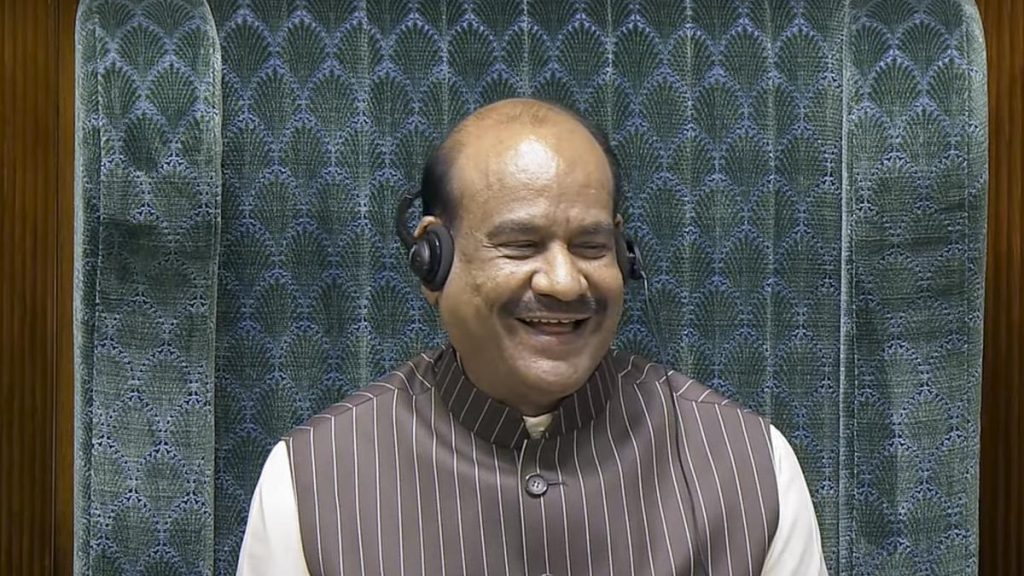Now Reading: Supreme Court Ruling Spurs California Cities to Ban Public Camping: What’s Next?
-
01
Supreme Court Ruling Spurs California Cities to Ban Public Camping: What’s Next?
Supreme Court Ruling Spurs California Cities to Ban Public Camping: What’s Next?

Quick Summary:
- Supreme Court Ruling: In June 2024, the U.S. Supreme Court ruled in City of Grants Pass v. Johnson that banning homeless encampments on public land is not “cruel and unusual punishment.” Since then,california cities have increased enforcement efforts to clear such encampments.
- California’s Budget and Homeless Crisis: Despite a $12 billion state deficit, Governor Gavin newsom announced $3.3 billion for housing initiatives but eliminated prior funding for city homelessness programs. Homelessness in California hit a record high of 187,000 people in 2024 due to rising rents and housing shortages.
- High-profile Legal Cases: Evelyn Davis Alfred,a disabled woman living on city-owned land in Vallejo,sued after the city attempted eviction without sufficient notice or resources. A judge temporarily blocked her removal under claims tied to the Americans with Disabilities Act and state-created danger doctrine.
- Expanding Camping Bans: As the ruling, over 40 cities have adopted camping bans; these measures typically prohibit sleeping or storing property on public land and sometiems include fines or jail time.
- Mixed outcomes of Sweeps: some displaced individuals are relocated to shelters like hotels while others remain unhoused due to gaps in coordination or lack of capacity-e.g., cases reported from Oakland’s East 12th Street area.
- Systemic Challenges: Encampment sweeps disrupt services for many homeless people amid ongoing concerns that punitive measures worsen homelessness rather than solve it.
Indian Opinion Analysis:
The Supreme Court’s decision has made tangible impacts across U.S. cities struggling with homelessness-a policy challenge stemming predominantly from socio-economic inequalities such as stagnant wages and unaffordable housing costs. For India-the world’s second-moast populous country facing urban migration pressures-a similar strain could emerge as densely populated areas grapple with informal settlements sprawling beyond infrastructural capacities.
India should observe how punitive policies can simultaneously address immediate urban management needs yet worsen human vulnerability over time if holistic alternatives like affordable housing are inadequately prioritized-as seen in California’s case despite ample fiscal commitments (nearly $24 billion since 2019).Housing affordability solutions integrated within India’s smart city frameworks may offer more sustainable responses suited to local governance models while adapting lessons from legal arguments invoking human rights protections akin to those highlighted under U.S law frameworks here.

























